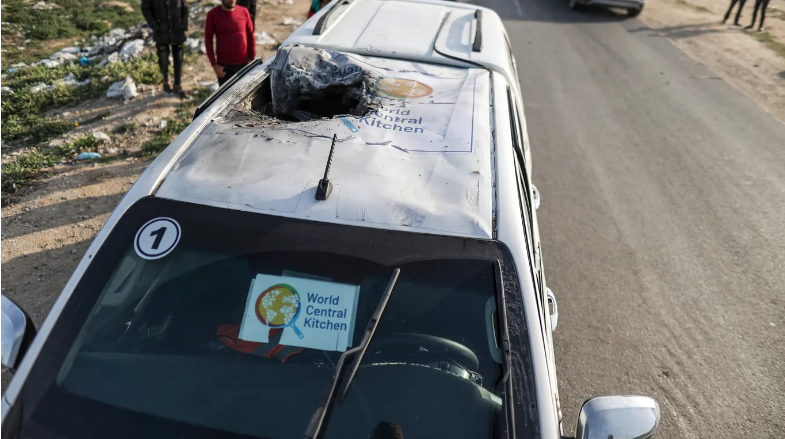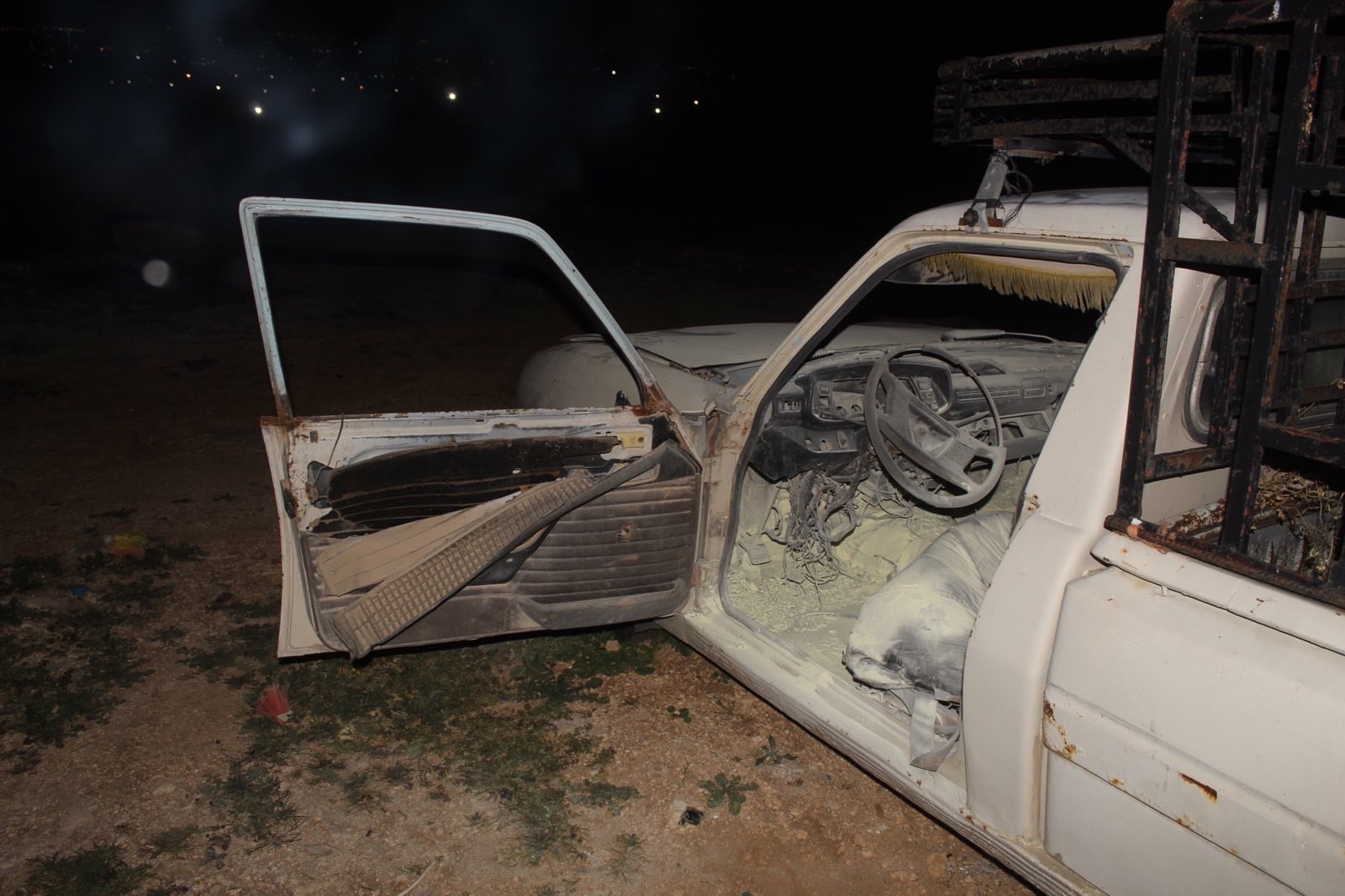-
Occupation Forces Targeted Series of Strikes Kills 7 Aid Workers in Gaza
02 April 2024 | International Solidarity Movement | Deir al Balah, Gaza Following the offloading of a desperately needed 100+ tons of humanitarian aid into a Deir al Balah aid storage warehouse, a seven-person, three-vehicle World Central Kitchen convoy was traveling a deconflicted coastal road when the first Israeli army targeted strike […]
-
Israeli army and police escalate repression of human rights volunteers following Knesset hearing.
In the days since a March 12 Knesset hearing that demonized human rights activists in the West Bank, it appears that Israeli authorities have escalated their repression of volunteers in the Masafer Yatta region of the south Hebron Hills (West Bank). The aforementioned Knesset hearing, held in the “Subcommittee for Judea and Samaria,” was framed […]
-
Illegal Israeli Settlers Continue Attacks on Shepherds in Masafer Yatta
23 March 2024 | International Solidarity Movement | Masafer Yatta March 21. @ISM On March 20 and 21, Palestinian shepherds from the village of Umm Fagarah in Masafer Yatta faced violent attacks and incursions onto their grazing lands by illegal Israeli settlers. On the 20th March an armed settler, from the illegal outpost Jebel Dov, […]
Action Alert An Nabi Saleh Apartheid Wall Arrests BDS Bethlehem Bil'in Cast Lead Demonstration Denial of Entry Ethnic Cleansing Farmers Gaza Global Actions Hebron House Demolition International law Israeli Army Jerusalem Live Ammunition Nablus Ni'lin Prisoner Ramallah Rubber-coated steel bullets Settlement Settlers Settler violence Tear-Gas Canister Video



